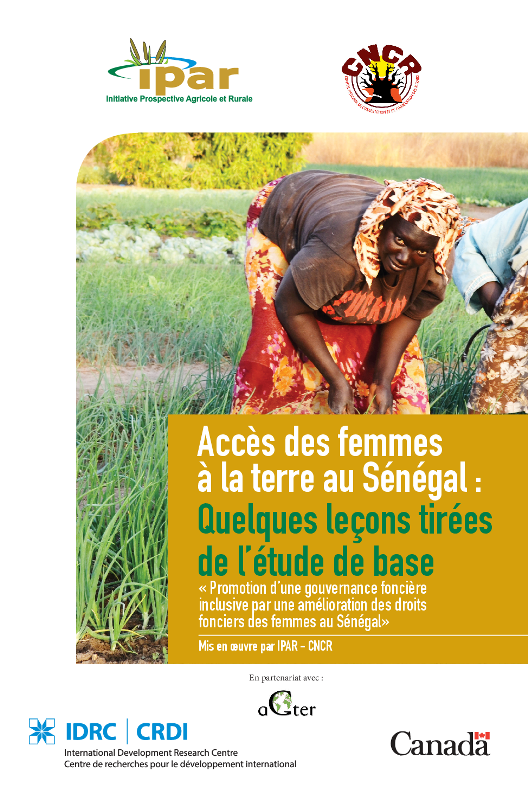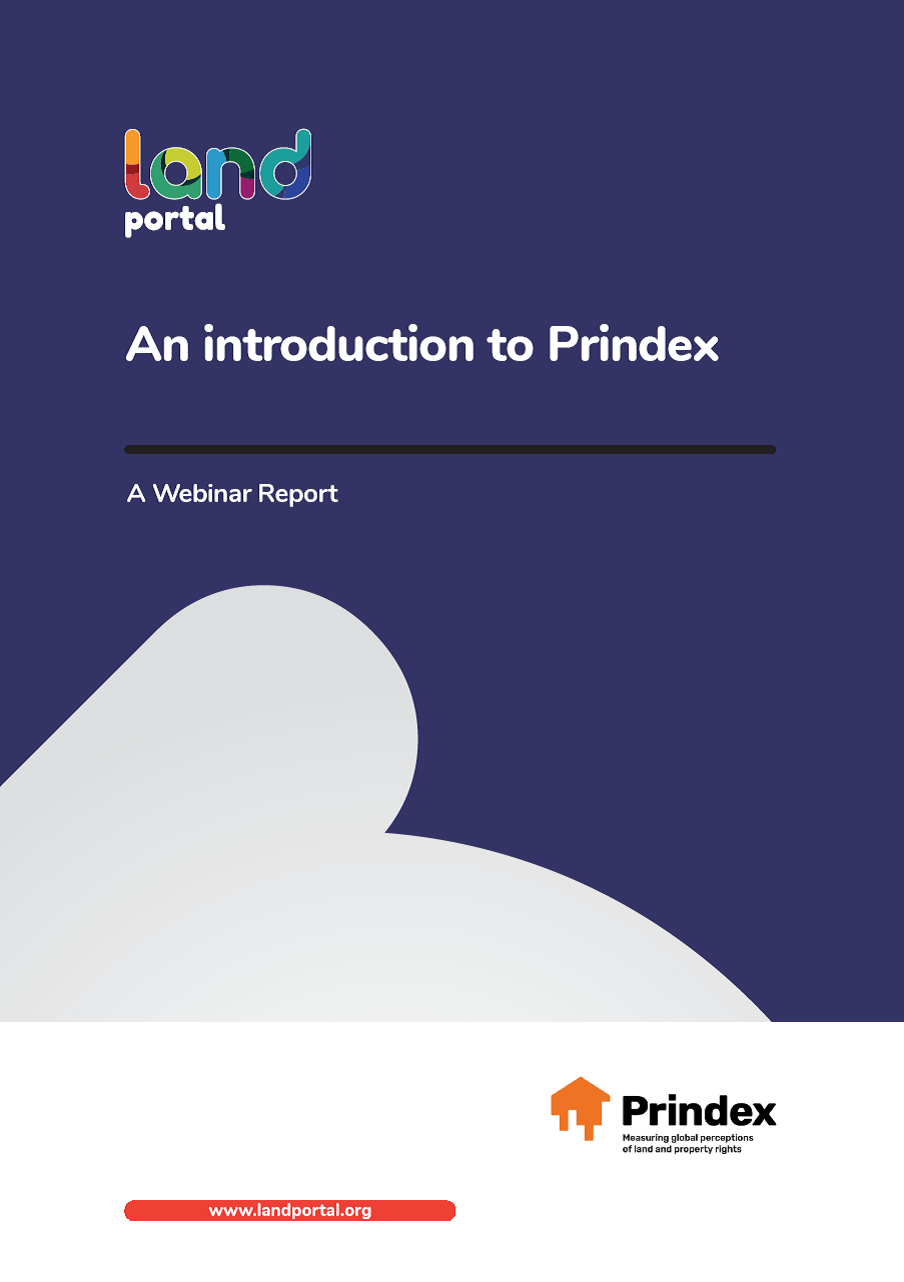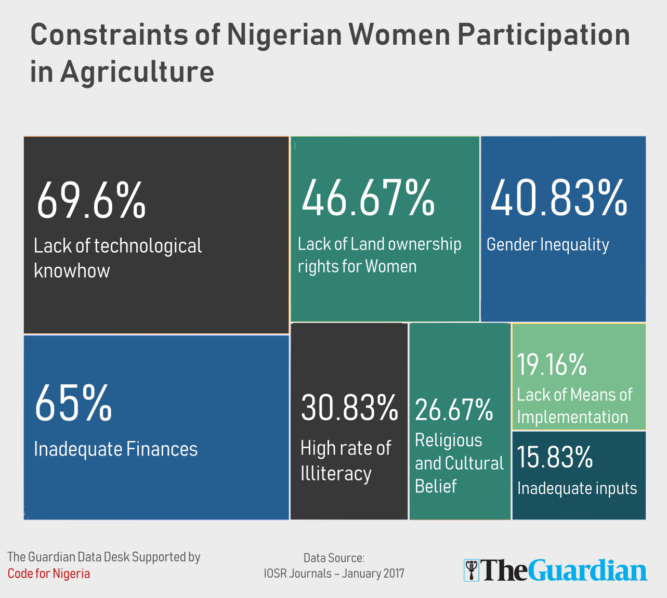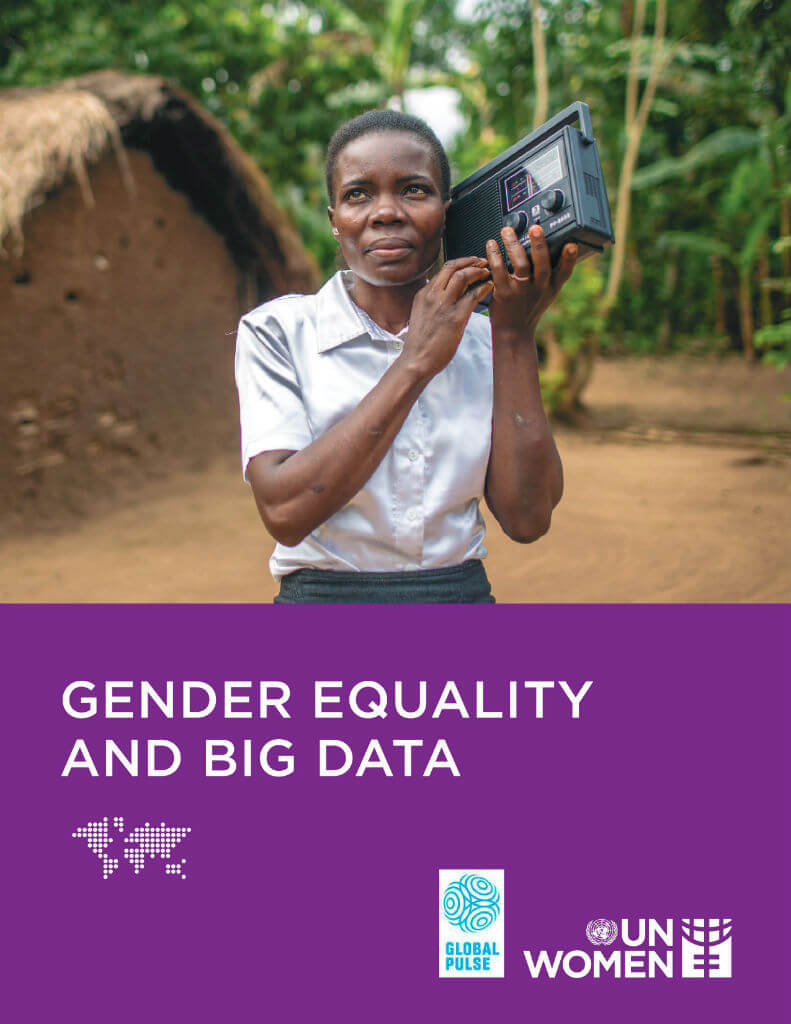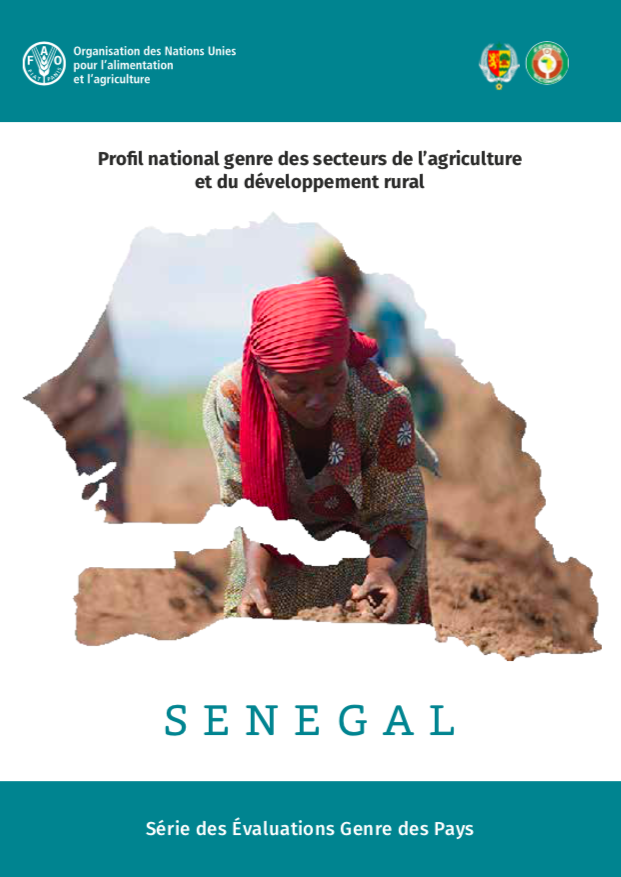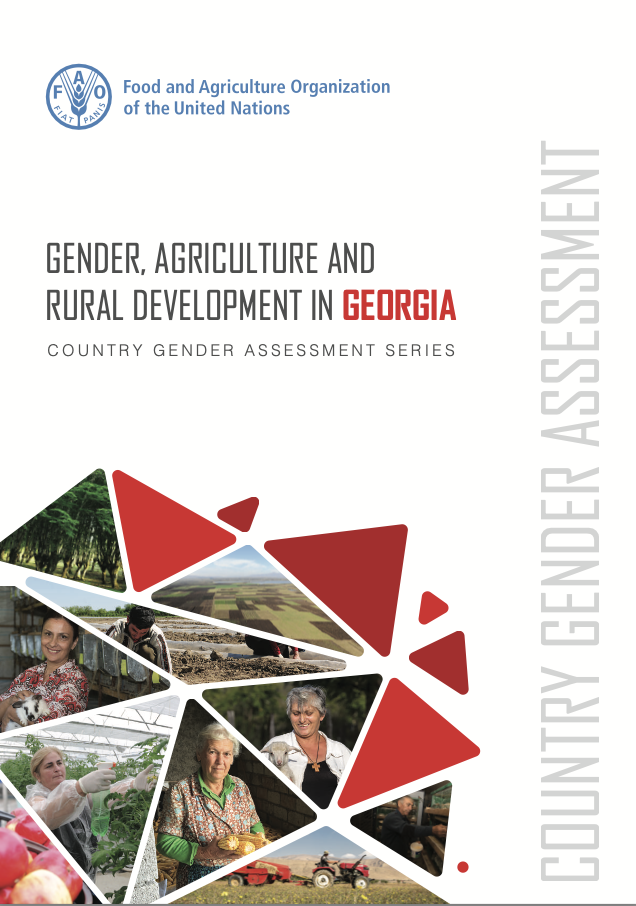Accès des femmes à la terre au Sénégal
Date: 2019
Source: Foncier & Développement, Inter-réseaux
Accès des femmes à la terre au Sénégal : quelques leçons tirées de l’étude « Promotion d’une gouvernance foncière inclusive par une amélioration des droits fonciers des femmes au Sénégal ».

